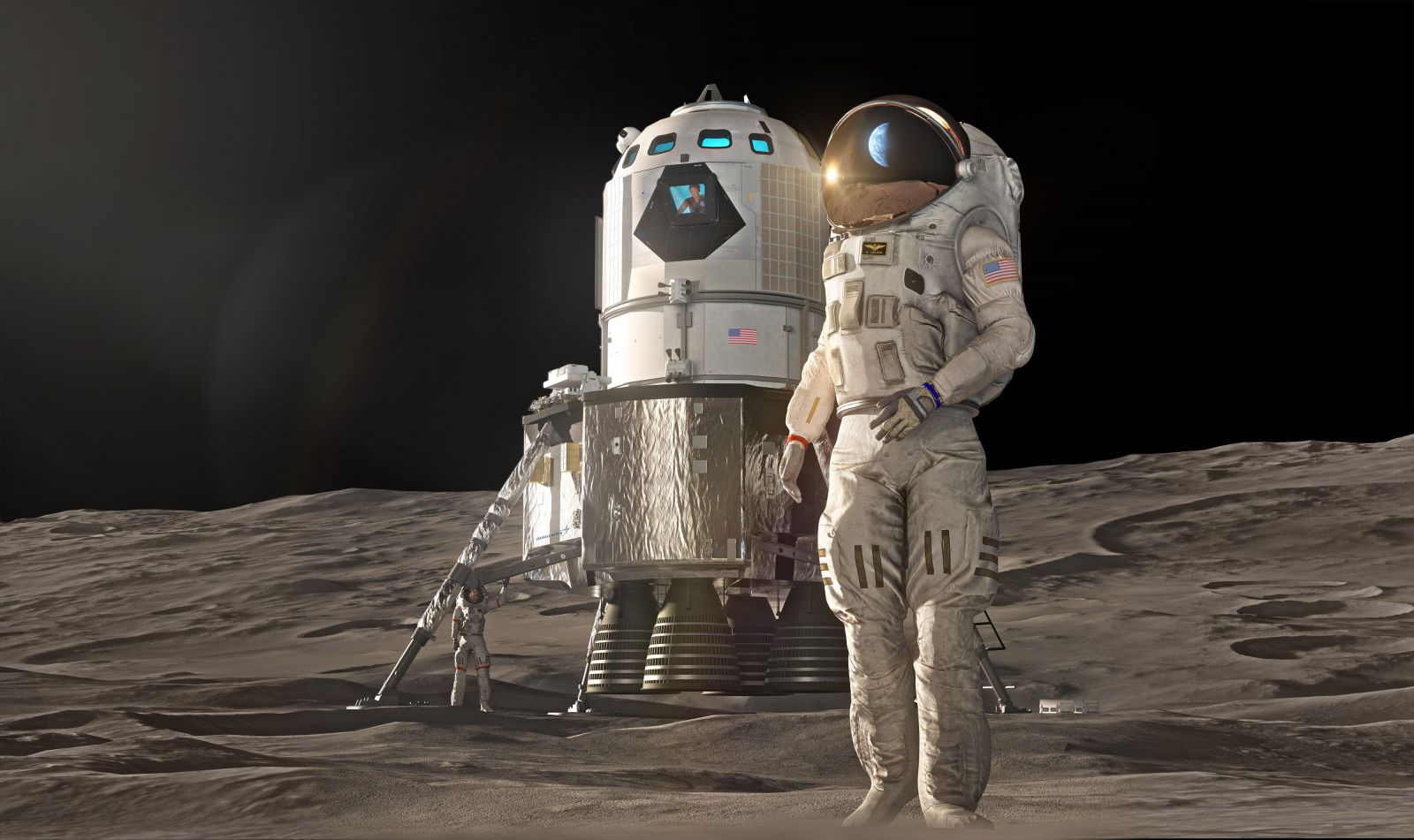NASA is now seeking to add $1.6 Billion dollars for its Artemis Mission to return astronauts to the lunar surface by 2024. Such monetary requests are always is an uphill battle, seemingly as difficult as a moon landing itself. But budgetary issues should not be the only consideration. America needs a robust space program if we are to realize fully our psychic potential as explorer and player in an ever-expanding frontier.

Currently, the U.S. finds itself on a treadmill, moving in a simple, two-dimensional motion, burning calories in seemingly intractable divisions, but not exactly sure where it is going. What is required for our national health is a balanced complexity of motion (and its attendant experience) that allows one to feel simultaneously “here” at the center and “out there” at the boundaries. Now, more than ever, in the midst of major culture wars, and facing a future felt to be “undecodable.” Americans need to exist on two planes: the mundane and the mythic.
Our Founding Fathers established the U.S. as an idea, not an ideal. The idea was liberty combined with creativity, never to be constrained by the status quo. The vision of George Washington, Thomas Jefferson, Benjamin Franklin, and their band of brothers was rooted in the pragmatics of daily life and cast beyond the pale, into the boundless frontier.
The early 21st century certainly is a different time than the late 18th but, underneath the momentary talk, Americans maintain a deep appreciation and need for what this country represents. For instance, in the mid 1990s, I was talking to citizens concerning the proposed luxury car tariff against Japanese automakers, a hot topic at the time. In one discussion, a young woman, a native of Detroit, said, “For a couple of generations, members of my family have worked here in the American auto industry. I’m scared about the Japanese competition, but I think tariffs are a bad idea.” I asked her why. Upon hearing her response, the earth seemed to shake under the feet of the 11 people in that room, including me. She uttered just three short, but profound, sentences: “America is a good idea. The idea is freedom. Tariffs are a bad ideal’ The U.S.’s intrinsic nature is to be open and exploratory. That particularly is a good idea now. Curtailing the space program is a bad idea.
The thinking of this one woman reflects the essence of the relationship that liberty has to creativity–breaking out of routine and expected patterns and going beyond a top-of-mind, business-as-usual, short-term horizon. What is required to live in this frame of mind is having an idea of your-SELF as one who stands above the press of the moment. Such a mindset allows a practical rootedness in one’s authenticity and a “thinking up” that is optimistic and innovative. However, many Americans today feel boxed in by fear. they have been living in a question mark — heads down and shoulders hunched in a protective, defensive posture.
This is exactly why the U.S. must explore space. We need a program to reimagine a frontier that will allow us to open up this hunkered-down existence. The arguments against it are coldly logical and sometimes all too true. It is too expensive; there is little immediate benefit. The problem with those contentions is that they are blind to the human need to address the cosmic questions of life: Who are we? How are we unique? Why are we here? How did it all begin?
The U.S. has been a place — and should remain one — in which these types of questions are asked. Admittedly, these “big” questions may never be answered satisfactorily but, during the search, exploration itself becomes the driving force: our nation in search of the frontier, spatially and experientially. To make this happen, we need a sense of place that includes what is known and what is not, what is possible and what lies beyond our capabilities. Without such urgency of mind, the time flame of our intentions becomes shorter and our motives smaller-minded. America, now more than ever before, needs to “Go Big.”

